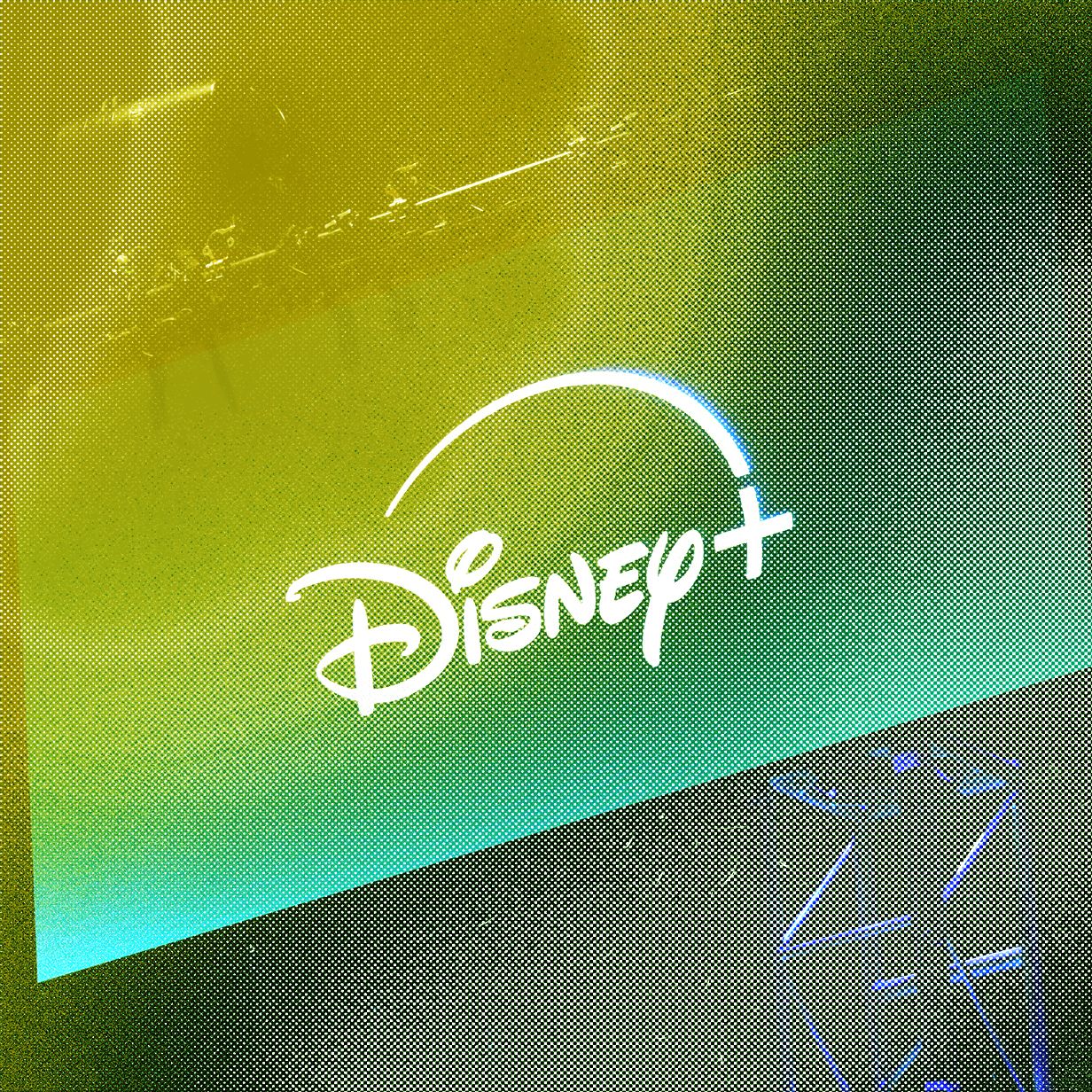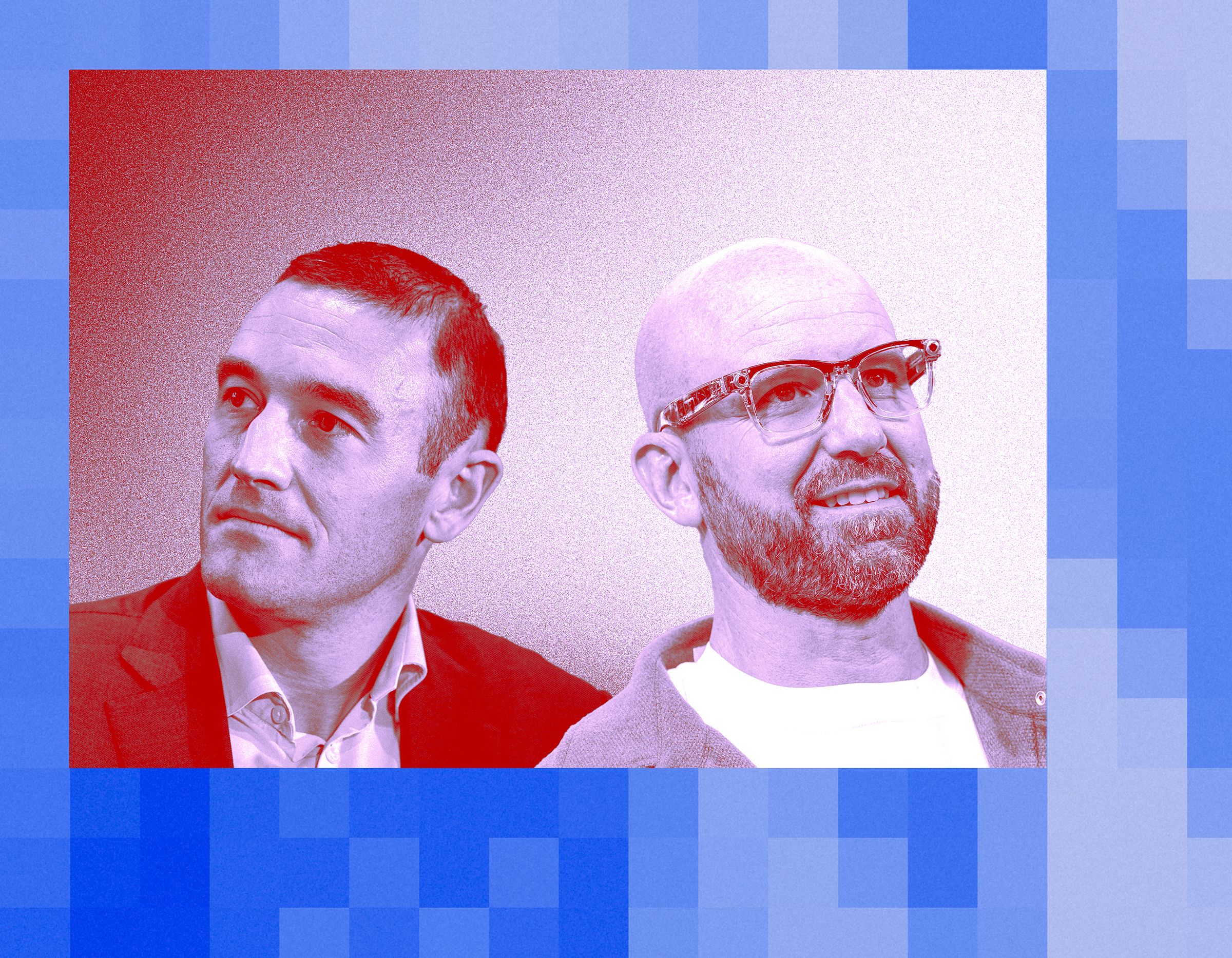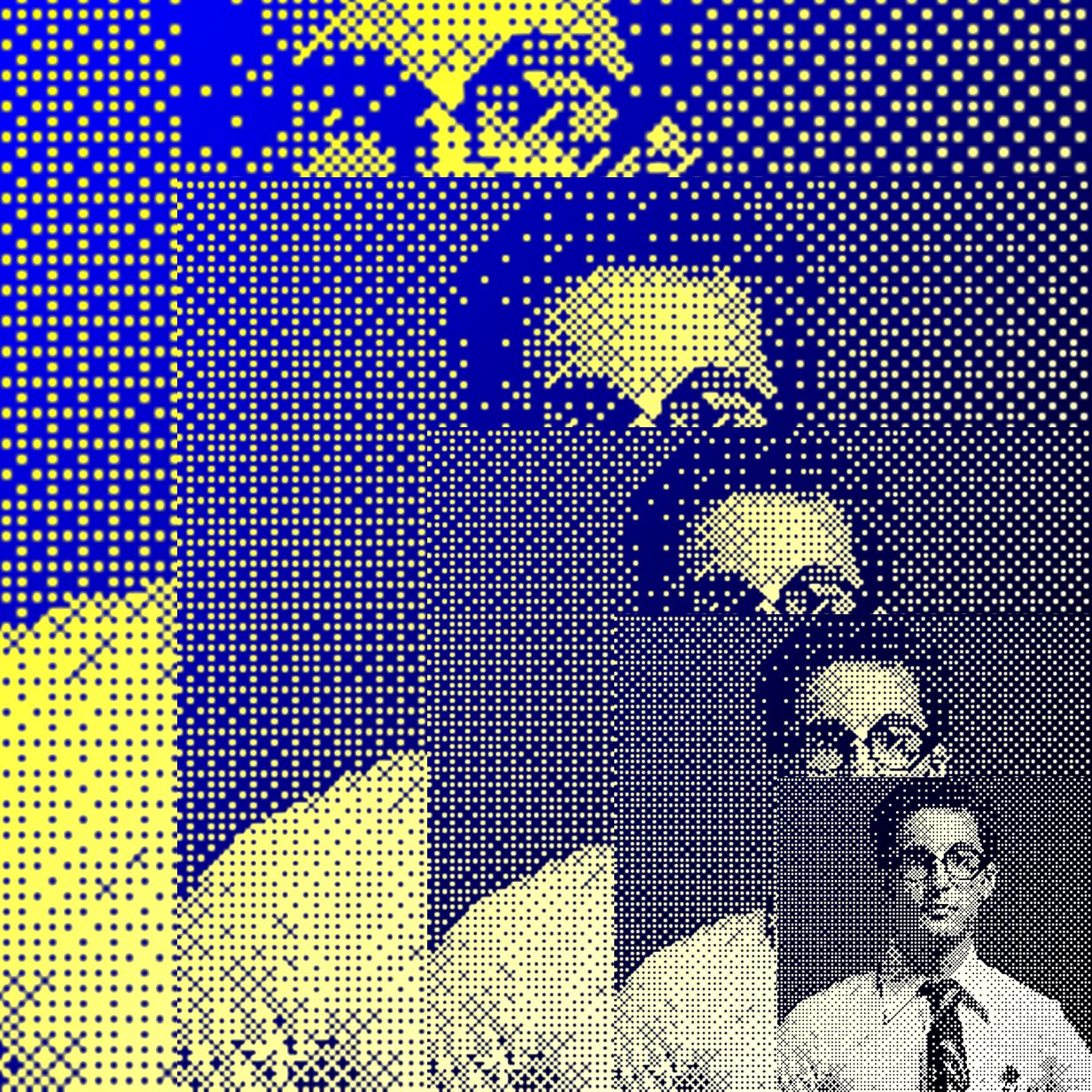Meta Wins Blockbuster AI Copyright Case—but There’s a Catch
Meta Wins Blockbuster AI Copyright Case—but There’s a Catch
Meta, formerly known as Facebook, recently emerged victorious in a high-profile copyright dispute involving artificial intelligence-generated artwork. The case, which has been closely watched by tech and legal communities, saw Meta facing off against a group of artists who claimed that the social media giant had used their work in its AI-driven systems without proper attribution or compensation.
After months of legal wrangling, a court ruled in favor of Meta, stating that the company had not violated any copyright laws in its use of the AI-generated artwork. This decision was welcomed by Meta, who hailed it as a victory for innovation and creativity in the digital age.
However, there is a catch. While Meta may have won the legal battle, the court also mandated that the company must now take steps to ensure that artists are properly credited for their work in the future. This ruling signals a shift in the way tech companies approach the use of AI-generated content and could have far-reaching implications for the industry as a whole.
Despite the ruling, some artists and activists are still critical of Meta’s practices and are calling for greater transparency and accountability in the use of AI technologies. They argue that while the court’s decision may be a step in the right direction, more needs to be done to protect the rights of creators in the digital age.
As Meta celebrates its legal victory, the case serves as a reminder of the complex and evolving nature of copyright law in an increasingly digital world. Companies will need to tread carefully when utilizing AI technologies to ensure that they are not infringing on the rights of creators, while also fostering innovation and creativity in the digital space.
In conclusion, while Meta may have won this particular battle, the war over AI copyright is far from over. The outcome of this case sets an important precedent for the industry and underscores the need for a balance between technological advancement and the protection of creative rights.


